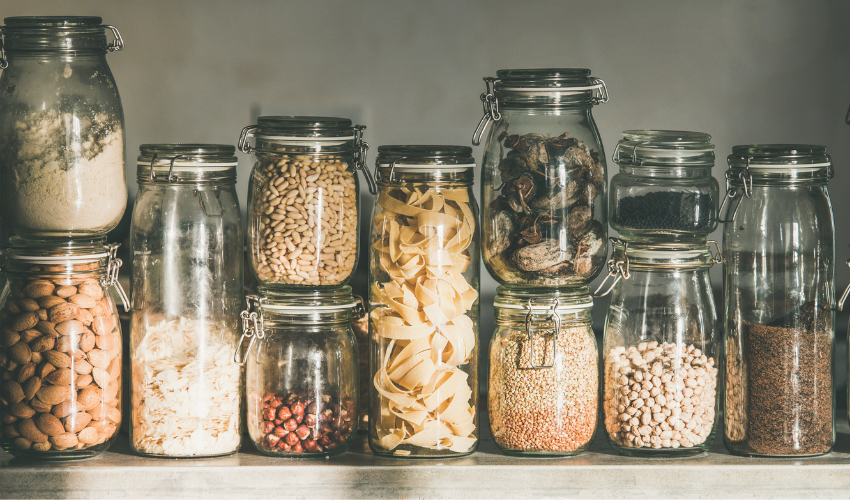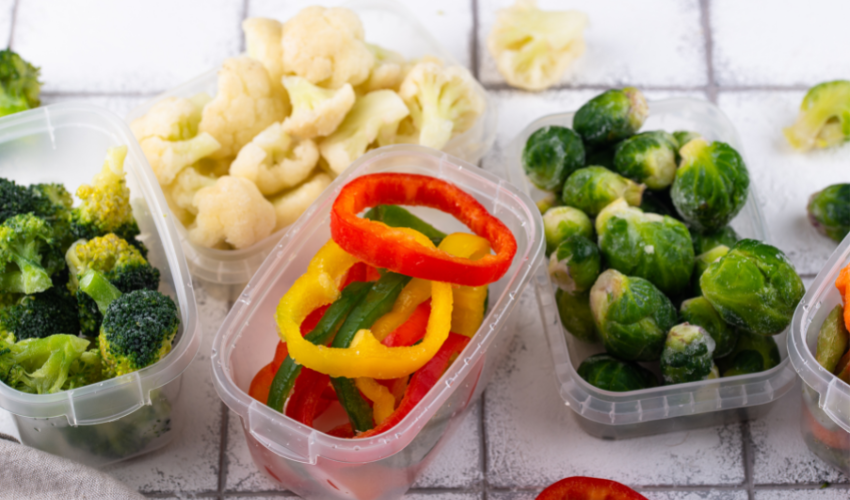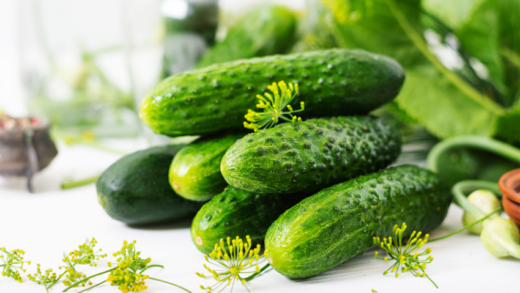Saving money is always a good thing, and building a food stockpile is an excellent way to do it. A food stockpile is a supply of food that you store in your home for future use. It can help you save money by allowing you to buy in bulk and take advantage of sales and discounts. Additionally, having a stockpile of food can help you prepare for emergencies and unexpected events. In this article, we will discuss ways of saving money by making a food stockpile and provide tips on how to do it effectively.
Benefits of Building a Food Stockpile:
- Cost savings: One of the most significant benefits of building a food stockpile is the cost savings. When you buy food in bulk, you can take advantage of sales and discounts, which can help you save money over time.
- Emergency preparedness: Having a food stockpile can help you prepare for emergencies and unexpected events. If you experience a natural disaster, loss of income, or any other crisis, having a stockpile of food can help you get through the difficult times.
- Convenience: A food stockpile can provide convenience and save you time. You won’t have to run to the store as often, and you’ll always have food on hand when you need it.

Tips for Building a Food Stockpile:
- Determine your needs: Before you start building your food stockpile, you should determine your needs. Consider the number of people in your household, their dietary restrictions, and how much food you typically consume in a week.
- Start small: Building a food stockpile can be overwhelming, so it’s essential to start small. Begin by purchasing a few extra non-perishable items each time you go to the store, and gradually build your stockpile over time.
- Buy in bulk: Buying in bulk is an excellent way to save money and build your food stockpile. Look for deals and discounts on bulk items, such as rice, beans, pasta, and canned goods.
- Rotate your stock: When building a food stockpile, it’s essential to rotate your stock. Use the oldest items first and replace them with new items as you go.
- Store food properly: Proper storage is crucial when building a food stockpile. Keep your stockpile in a cool, dry place, and make sure to label items with their expiration dates.

Frequently Asked Questions:
How long does a food stockpile last?
The length of time that a food stockpile lasts depends on the type of food and how it’s stored. Non-perishable items, such as canned goods, can last for years, while perishable items, such as bread and fresh produce, have a shorter shelf life.
How much should I budget for my food stockpile?
The amount that you should budget for your food stockpile depends on your needs and budget. Start small and gradually build your stockpile over time.
What are the essential items to include in a food stockpile?
The essential items to include in a food stockpile are non-perishable items, such as canned goods, pasta, rice, and beans.
Can I build a food stockpile if I have dietary restrictions?
Yes, you can build a food stockpile if you have dietary restrictions. Look for items that meet your dietary needs, such as gluten-free or vegan options.
Is it safe to eat food from a stockpile?
Yes, it’s safe to eat food from a stockpile, as long as the items are stored properly and used before their expiration dates. Be sure to check for any signs of spoilage or damage before consuming any items from your stockpile.
Conclusion:
Building a food stockpile is a smart way to save money and be prepared for emergencies. With the right planning and preparation, you can create a stockpile that works for you and your family. Start small, buy in bulk, and store your items properly to get the most out of your stockpile. By building a food stockpile, you can save money and have peace of mind knowing that you are prepared for whatever the future may bring. So start building your stockpile today, and enjoy the benefits of saving money and being prepared.






















